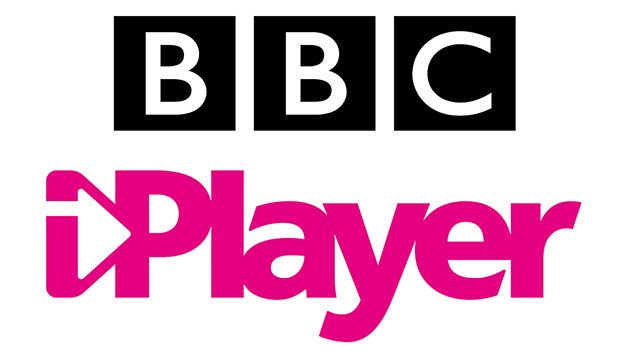Deaf/hearing impaired Digital Technology & Online Media news
Submissions wanted for Government inquiry into hearing health and wellbeing

Image of Parliament House, Canberra
Following a referral on 2 November 2016 from the Minister for Health, Aged Care and Sport, The Hon Sussan Ley MP, the Committee will inquire into and report on the Hearing Health and Wellbeing of Australia.
Top of page
Disability commissioner calls ABC transcription cuts a backward step
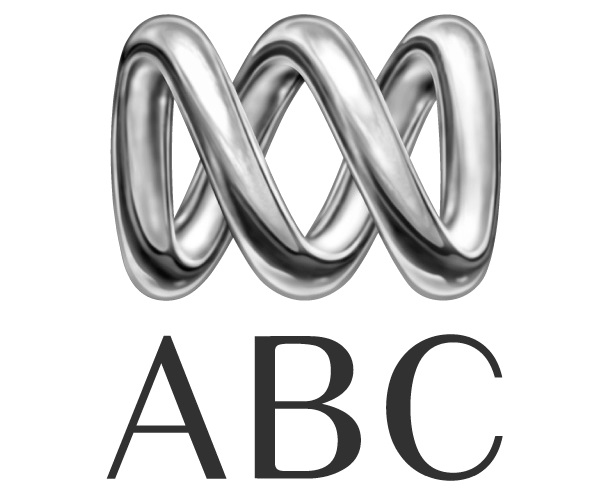
Australian Broadcasting Commission logo
Top of page
GoDigi National Year of Digital Inclusion Expo

2016 National Year of Digital Inclusion Expo
Top of page
New access app Blappy is making people happy
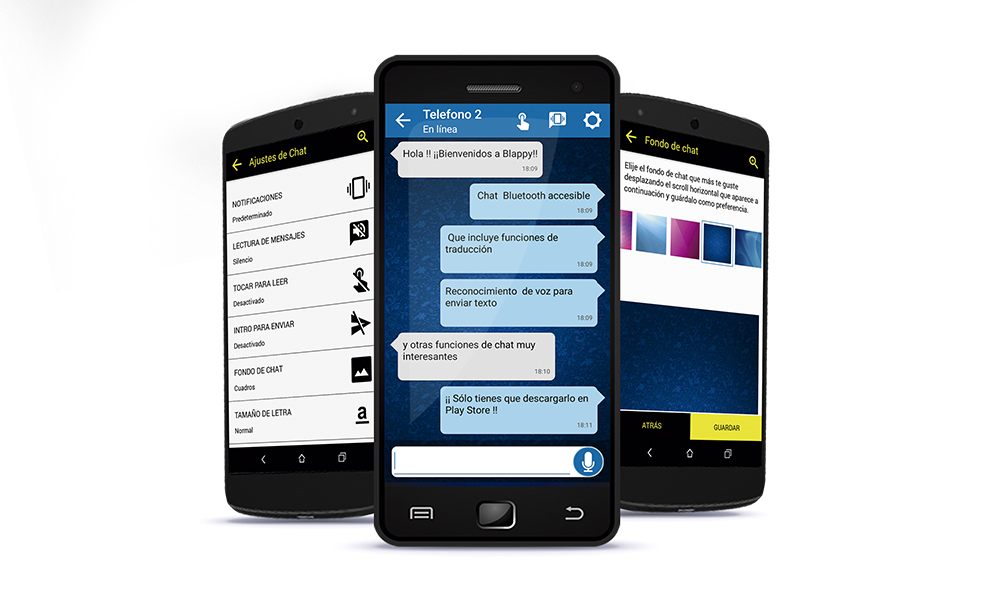
Blappy running on three smartphones. Image from UC3M.
Blappy was created by CESyA, the Spanish Centre of Subtitling and Audio Description, with the support of UC3M's Audiovisual Accessibility Laboratory, which is part of the Center for Technologies for Disability & Dependence in UC3M’s Science Park in Madrid, Spain.
Top of page
Closed Captions now available for NZ parliamentary broadcasts
New literary magazine provides digital access for those with a disability
Accessibility in the workplace has widespread benefits
BBC iPlayer trialling subtitles for live channels in world-first
Captioning of online video clips to be mandatory in US
The 21st Century Communications and Video Accessibility Act of 2010 gave the FCC the power to introduce rules for the captioning of online videos. The first stage of this came in 2012, when it introduced rules for the captioning of full-length programming. Following petitions from a number of groups, the FCC has now decided to extend the rules to short clips.
Top of page

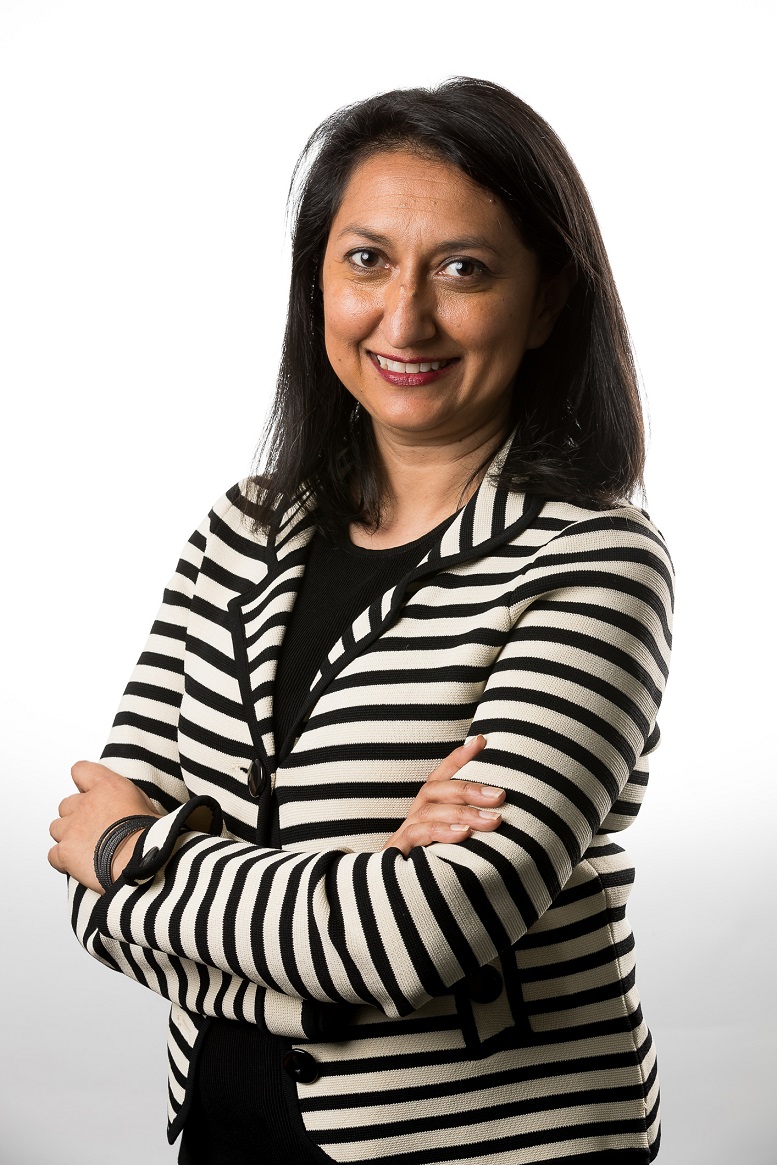
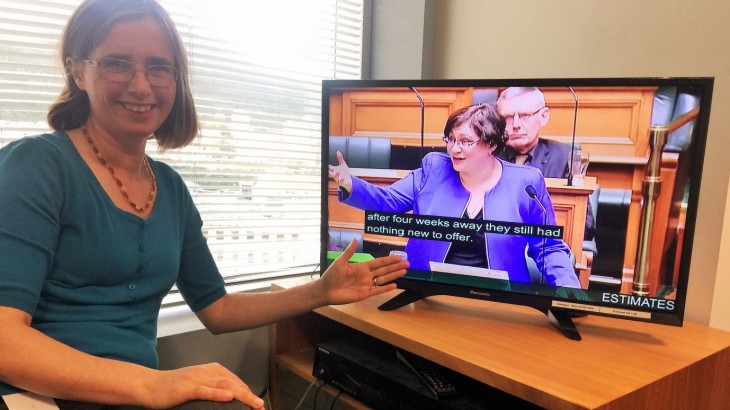
.png)

